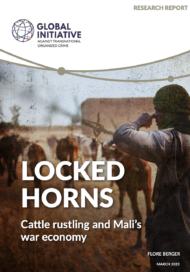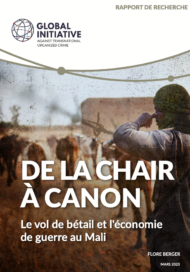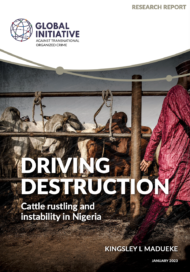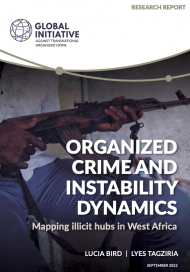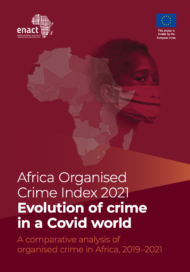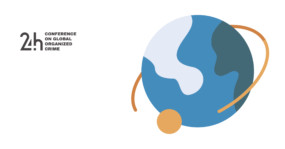Event Details
Where
Online
Posted on 28 Mar 2023
Cattle rustling in Mali surged in 2021 and continues at unprecedented levels, with the dominant perpetrators being violent extremist groups operating in the country.
The scale of cattle rustling in Mali is the climax of a decade of growth of the practice, and cattle rustling is now a central and under-reported element of the country’s security crisis variously as a driver of conflict, as a governance and intimidation mechanism, and as a key source of revenue for non-state armed groups. This has dramatic humanitarian, social, and economic effects on communities.
This report assesses the intersection of the criminal economy of cattle rustling with Mali’s instability. To do this, the report looks at the evolution of cattle rustling in Mali, as well as its links with other illicit economies that have played central roles in the country’s war economy – namely, trafficking of small arms and other criminal economies, such as kidnapping for ransom. It then focuses on understanding the political economy of cattle rustling – the actors involved, motivations and profits – and the relationship between these actors and local communities, with a focus on violent extremist groups’ governance of natural resources.
The report describes the supply chain, detailing the role of various actors, the routes taken, and the main secondary and exportation markets. Finally, it focuses on local and national responses to cattle rustling and offers recommendations to both Malian authorities and international actors involved in stabilization efforts in the region.
